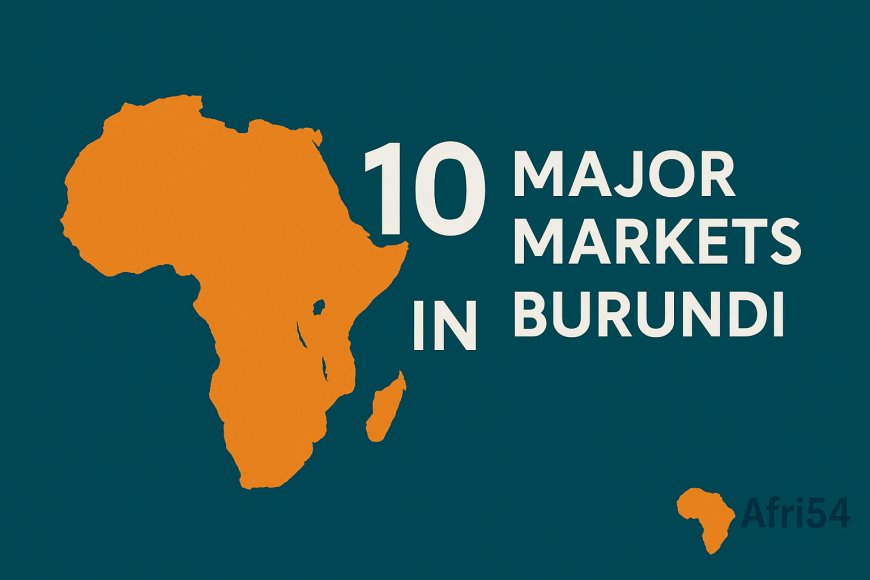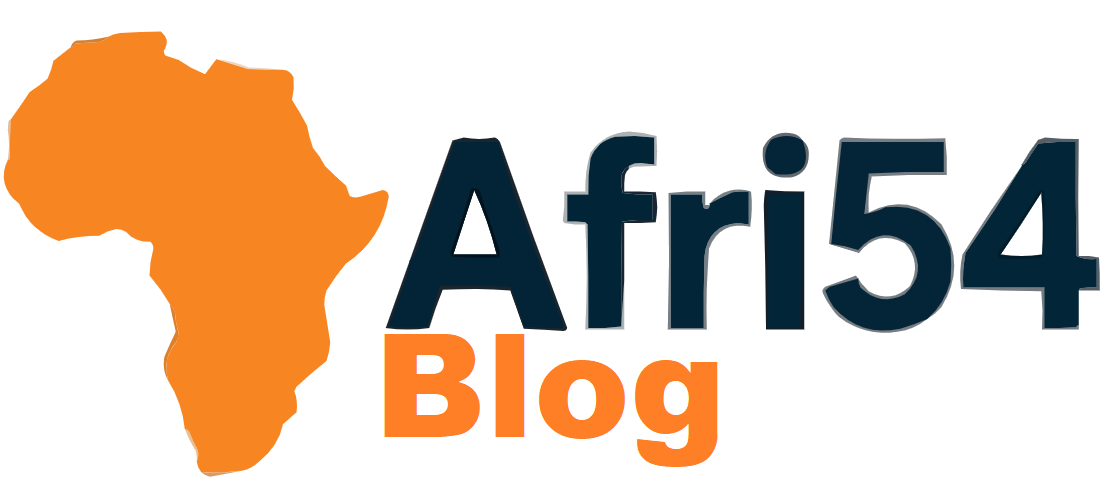10 Major Markets in Burundi
Explore the 10 major markets in Burundi, from Bujumbura’s vibrant Cotebu and Kamenge markets to key trading hubs in Gitega, Ngozi, and Rumonge. Discover Burundi’s culture, trade, and community spirit.

Reading Time: ~8 minutes
Burundi, a landlocked country in East Africa, is known for its breathtaking landscapes, warm people, and lively trading culture. Markets in Burundi play a central role in everyday life, offering a space where communities come together to trade, socialize, and keep traditions alive. From Bujumbura to Gitega, these markets are not only economic centers but also cultural heartbeats of the nation. Here are the 10 major markets in Burundi you should know.
1. Central Market of Bujumbura (Bujumbura)
Once the largest and busiest market in the country, the Central Market of Bujumbura remains a vital trading hub. Despite setbacks like the 2013 fire, the market continues to thrive with food, textiles, electronics, and household goods.
2. Cotebu Market (Bujumbura)
Cotebu is one of Bujumbura’s most active markets. It’s especially known for fresh produce, meat, fish, and general household items. It serves thousands of families daily.
3. Kamenge Market (Bujumbura)
Located in a bustling neighborhood, Kamenge Market offers clothing, footwear, foodstuffs, and fabrics. It is popular among residents for affordable goods.
4. Kinama Market (Bujumbura)
This market is well-known for agricultural products, fresh vegetables, fruits, and cereals. It’s also a key spot for rural farmers bringing produce to the capital.
5. Gitega Central Market (Gitega)
As the capital of Burundi, Gitega boasts a busy central market with textiles, crafts, household goods, and agricultural produce. It serves as a link between rural traders and urban buyers.
6. Ngozi Market (Ngozi)
Ngozi’s market is one of the most important in northern Burundi. It specializes in coffee, livestock, beans, and crafts. Coffee, being Burundi’s main export, makes this market a key economic center.
7. Muyinga Market (Muyinga)
Muyinga Market is a hub for textiles, cereals, fruits, and vegetables, and also serves as a trading point with neighboring Tanzania.
8. Rumonge Market (Rumonge)
Located near Lake Tanganyika, Rumonge Market is famous for fresh fish, palm oil, cassava, and tropical fruits. It has a vibrant atmosphere influenced by fishing communities.
9. Kayanza Market (Kayanza)
Kayanza Market is best known for tea, coffee, and agricultural products. It is a crucial point in Burundi’s agricultural trade.
10. Ruyigi Market (Ruyigi)
Ruyigi Market is a bustling center for local crafts, fabrics, cereals, and foodstuffs. It connects traders from eastern Burundi to Tanzania and beyond.
Why Burundi’s Markets Matter
Markets in Burundi are more than places of commerce—they are spaces of culture, identity, and resilience. They showcase the agricultural strength of the country, its artisanal creativity, and its ability to sustain livelihoods despite challenges.
Final Thoughts
Visiting markets in Burundi is an experience filled with energy, color, and tradition. Whether you’re exploring the bustling streets of Bujumbura or the calm trading posts in Gitega and Ngozi, you’ll find that these markets reflect the soul of the Burundian people.
Have you listed your business on Afri54?
Afri54 exists to solve a fundamental challenge faced by millions of African businesses: lack of visibility. Whether you're an automobile part seller in Lagos, a local attire manufacturer in Kigali, a coffee exporter in Addis Ababa, or a mobile phone supplier in Accra, you deserve to be seen. Join Now






















